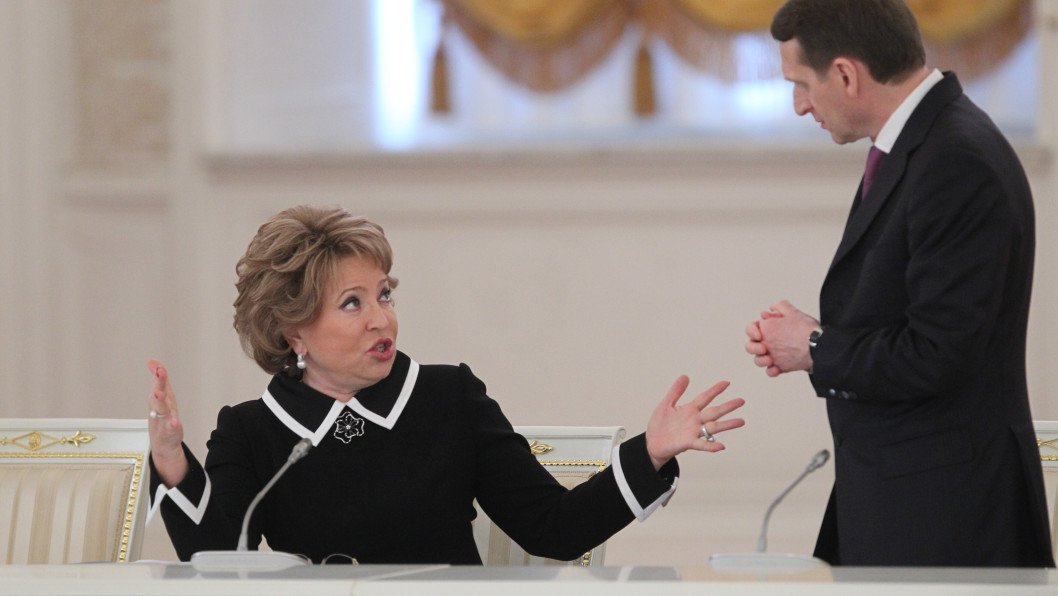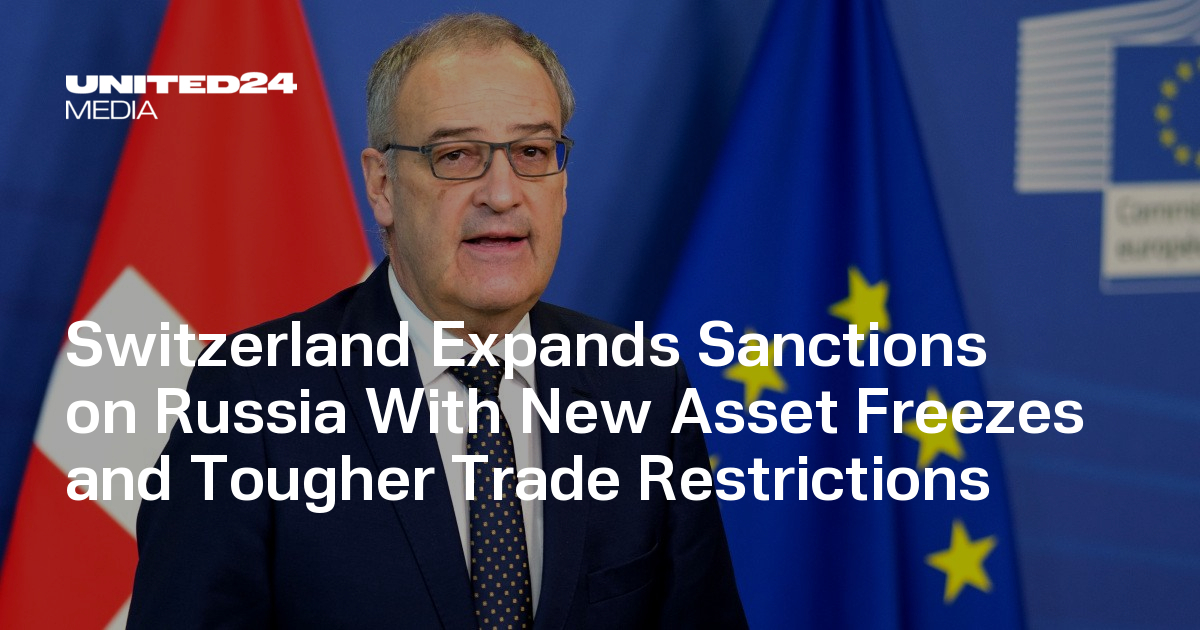Switzerland has extended its sanctions against Russia by adopting new measures as part of the EU’s 18th sanctions package, according to a Swiss government press release on August 12.
The Federal Department of Economic Affairs, Education and Research (EAER) implemented these sanctions, which include an asset freeze and entry bans for 14 individuals and 41 entities.
These individuals and entities are linked to Russia’s military industrial complex, including companies involved in managing shadow fleet vessels and trading Russian crude oil.

Additionally, 105 vessels from third countries, primarily tankers, are now subject to a ban on the purchase, sale, and service provision, aimed at those circumventing the price cap on Russian oil or transporting military goods for Russia.
The EAER has also aligned with the EU by lowering the price cap for Russian crude oil to $47.6 per barrel, effective immediately, with the exception of the cap adjustment for Russian crude oil, which will take effect on September 3.
In the trade sector, 26 new entities have been placed under stricter export control restrictions, particularly those linked to the illegal trade of unmanned aerial vehicles, press release states.
Moreover, Switzerland has adopted additional sanctions targeting Moldova and Belarus, including asset freezes and bans on economic resources for individuals and entities involved in Russian-led activities in Belarus’s arms industry and efforts to influence Moldova’s referendum on EU membership and the 2024 presidential election.
Previously, it was reported that Colonel Dominique Chassot, a Swiss officer assigned to the Organization for Security and Co-operation in Europe in Vienna, has been suspended from his duties following allegations that he passed confidential information to Russian diplomats.
The case was first reported by SonntagsZeitung and confirmed by the Swiss Federal Department of Foreign Affairs.

Related articles
